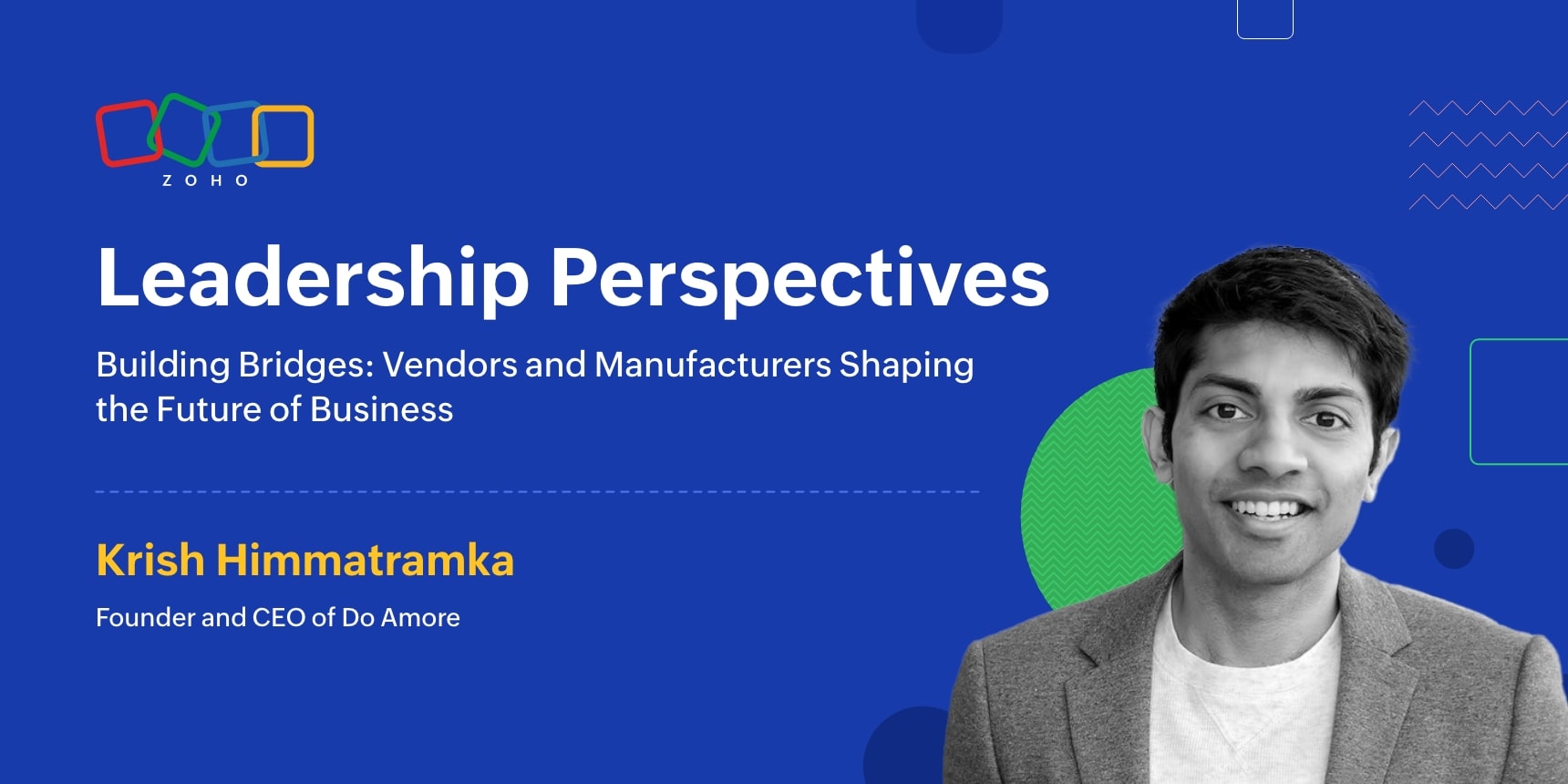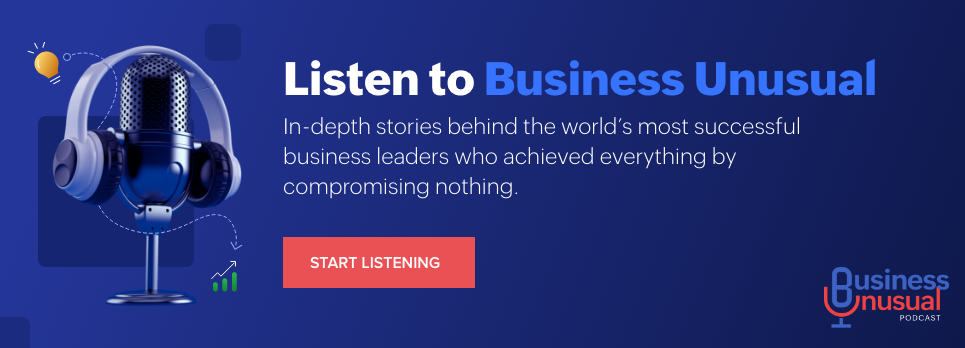In the Leadership Perspectives series, we ask different industry leaders to share their thoughts on trending business tech topics. Krish Himmatramka is the founder and CEO of Do Amore, a trailblazing jewelry company, which seamlessly weaves together the threads of business, philanthropy, and environmental stewardship. Himmatramka recently pitched Do Amore on “Shark Tank”, where he received multiple offers from the investors.
How can vendors and manufacturers foster stronger collaborative relationships to drive innovation?
Vendors and manufacturers can foster stronger collaborative relationships by focusing on transparent communication, shared goals, and mutual trust. At Do Amore, we work closely with our suppliers to ensure that ethical practices are upheld throughout the supply chain. This collaboration extends beyond mere transactions; it involves co-developing solutions that enhance product quality and transparency. By making sure we select vendors that are aligned with the specific goals of our company—such as promoting sustainability and ethical sourcing—we can innovate together to benefit both our businesses and the communities we serve.
How are vendors and manufacturers working together to promote sustainability in their operations, and what ethical considerations should be taken into account in vendor-manufacturer relationships?
Promoting sustainability requires a commitment to ethical sourcing, reducing environmental impact, and improving the lives of those involved in the supply chain. We, at Do Amore, source recycled precious metals and ethically mined stones, ensuring that our products are both beautiful and responsible. We choose vendors who share our commitment to sustainability and who are transparent about their labor practices. Ethical considerations include fair labor conditions, environmental stewardship, and community impact. By prioritizing these values, we ensure that every Do Amore ring contributes to a better world, from the mine to the market.
How has globalization affected the dynamics between vendors and manufacturers?
Globalization has expanded the possibilities for collaboration and innovation between vendors and manufacturers—but has also introduced challenges related to maintaining ethical standards across borders. At Do Amore, globalization has allowed us to source the best materials from around the world, but it has also required us to be vigilant about the practices of our international partners. By leveraging technology like blockchain and maintaining strict ethical guidelines, we can manage these relationships effectively and ensure that our global supply chain aligns with our mission to make a positive impact.
If AI could predict the next big trend in the vendor-manufacturer relationship, what do you think it would forecast?
I believe it would forecast a shift towards even greater transparency and traceability in the supply chain. Consumers are increasingly demanding to know the origins of the products they buy and the conditions under which they were made, and if they’re not demanding it, they’re showing their desires with their wallets. This trend will push vendors and manufacturers to adopt advanced tracking technologies and provide detailed information about their sourcing and production processes. Transparency will build consumer trust, and since consumers will vote with their wallets, I believe we will see a meaningful shift in this area.


